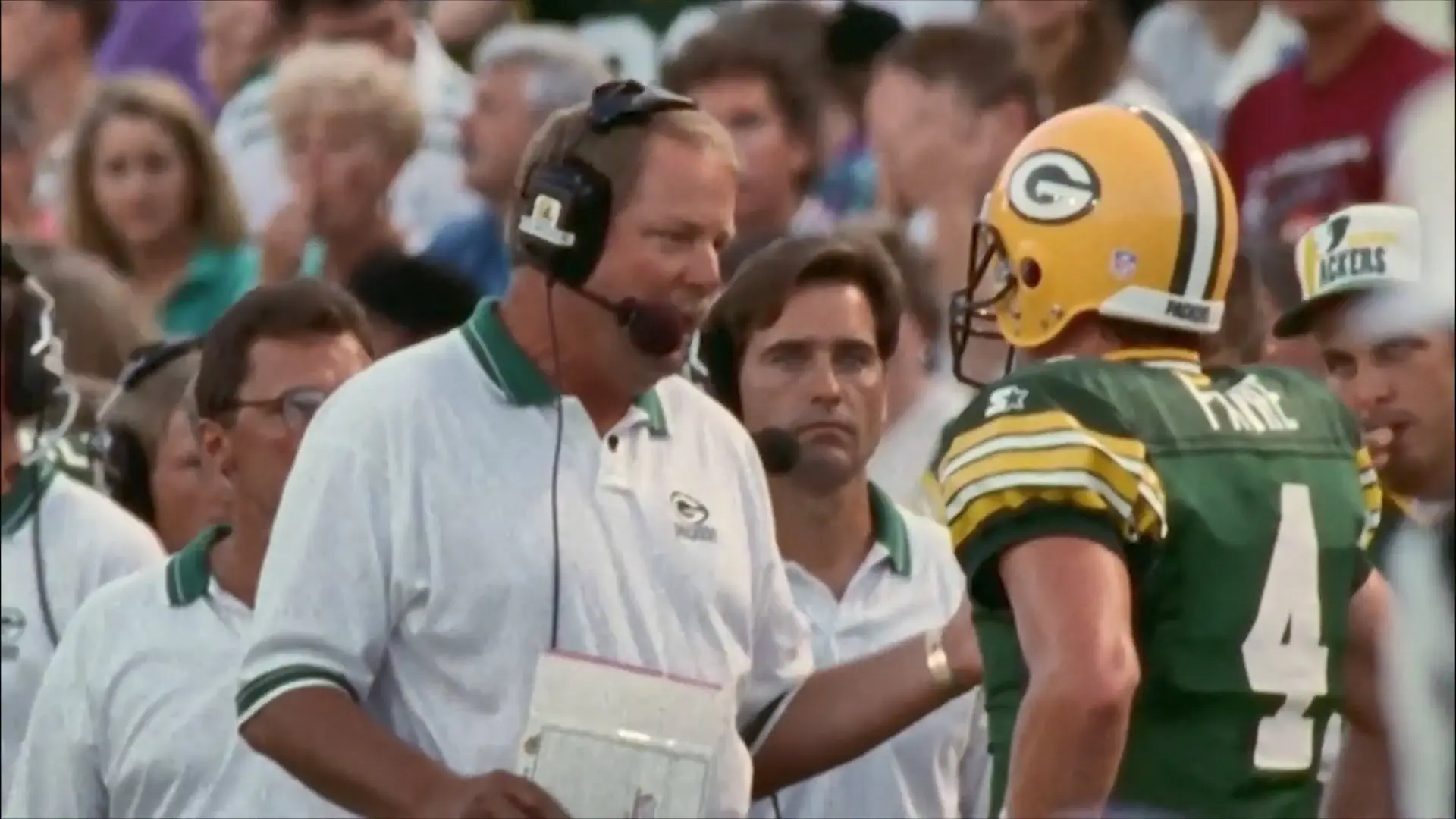How to Make Writing More Fun
We have six tips to make the creative process a little more enjoyable
In 1997, the Green Bay Packers returned to the Super Bowl for the first time in nearly 30 years, back when they were led by Vince Lombardi.
Five coaches succeeded the legendary football coach, but none came close to the success of Lombardi, who won five NFL championships in seven years. He famously said, “Winning isn’t everything, it’s the only thing.”
Mike Holmgren, in his fifth season as head coach of the Packers, brought the storied franchise to the brink of success.
Before the game, he told the team, “Enjoy the journey.”
The Packers beat the New England Patriots, 35-21, which made the journey more enjoyable.
We think about writing the way Holmgren thought about a football season. There are bumps along the way, but the creativity of writing makes the process satisfying.
One of our worries about ChatGPT and other generative artificial intelligence programs is that they make writing less enjoyable. Those apps are efficient but reduce creativity, according to a new study described this month in the business journal of the Wharton School of the University of Pennsylvania.
“If you rely on ChatGPT as your only creative advisor, you’ll soon run out of ideas, because they’re too similar to each other,” said Christian Terwiesch, a Wharton professor and a co-author of the study.
To make writing fun, we have six tips to be your own “creative advisor.”
1. Think ahead. Internal communications often require repeating the same message every quarter or year about topics such as open enrollment, performance reviews or the annual employee meeting. It’s easy to repeat whatever we did before. And be boring.
If you know a story is coming up, take the time to mull over some fresh ideas. Successful writers often maintain a running list of ideas.
“Keep a notebook,” Jack London, the author of “The Call of the Wild,” wrote in 1903. “Slap into it every stray thought that flutters up into your brain.”
You should always be writing, akin to the sales maxim, always be closing.
2. Word of the day. While reading ― news stories, books, whatever ― keep a list of words you’d like to use in your own work, especially verbs. Not fancy words, but simple ones, like “wrench” or “frolic.”
Then, when the opportunity arises, you’ll have the pleasure of pulling the word off the shelf and putting it in action.
3. Start early. A lot of good ideas seem to come out of the blue, when you’re thinking about something else or doing something unrelated.
That’s one of the reasons why we recommend beginning an assignment by writing a story memo, with a draft headline and first sentence and possible graphics or photos. The memo puts the story in the back of your mind, even if it all might change later.
4. Start somewhere. Write the easy parts first. Stories often have several sections. A profile, for example, might have a biographical section that recaps the subjects. A data-driven story might have an anecdote that illustrates the meaning of the statistics. You can stitch the sections together later.
An editor once said: Don’t think about it as a 2,000-word story. Think of it as four, 500-word stories.
5. Get a draft done. Don’t worry about getting the first words right, just get a draft done. Then, rewrite and rearrange.
Ernest Hemingway said, “The first draft of anything is shit.”
But the draft might be better than you think. Stephen King thought the “The Man in the Black Suit” was a “rather humdrum folktale,” yet it won an award.
“Writers are often the worst judges of what they have written,” he said.
6. Talk it over. Journalists always talk about their stories with their editors and sometimes with colleagues even if it’s just to complain about the editors.
For comms managers, we recommend talking to writers three times: before they start on a story, while they’re reporting and writing, and again during the editing.
Such discussion is usually missing from the creation of corporate communications, which is dominated by tracked changes and marginal comments. Journalism is a group enterprise, while corporate comms becomes a lonely activity.
Beginning journalists are sometimes told to explain a story like they’re talking to a third-grader, their mother or a friend sitting on a barstool. But actually talking through a story makes writing more enjoyable.
The next Super Bowl
After winning the Super Bowl in 1997, the Packers were back in the championship game the following year.
“I’ve always preached to enjoy the journey,” Holmgren said.
The Packers lost that game to the Denver Broncos, 31-24, which made the journey less fun.
When writing, you may not be satisfied with the outcome, but these tips should make the effort more enjoyable.
Tom Corfman is a Chicago Bears fan who nonetheless has long respected Mike Holmgren. Tom is a senior consultant with Ragan Consulting Group, where he directs the Build Better Writers program. Email Tom to learn how we can raise the writing skills of your communications team.
Follow RCG on LinkedIn and subscribe to our weekly newsletter here.







